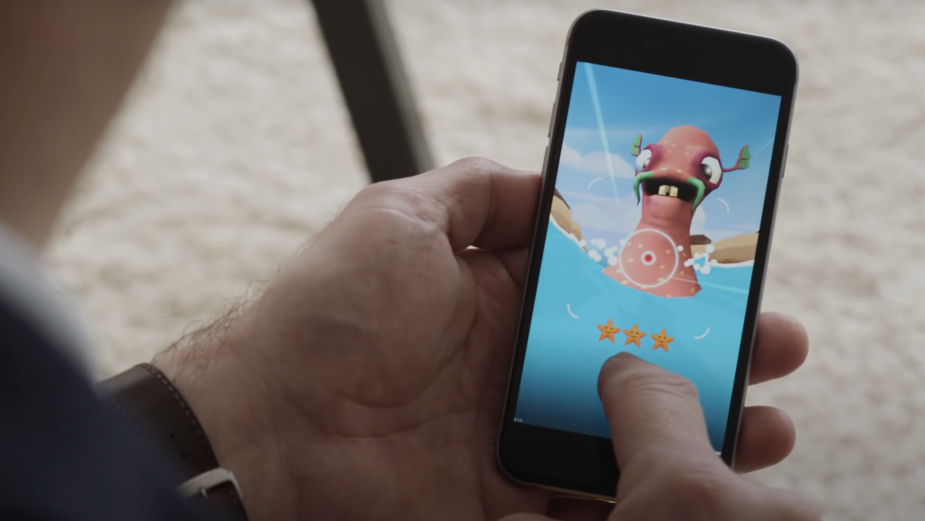
Saatchi & Saatchi's 'Sea Hero Quest' Helps Researchers Make Significant New Scientific Findings

The Sea Hero Quest game created by Deutsche Telekom in partnership with Saatchi & Saatchi has helped researchers at UCL, University of Lyon and the University of East Anglia (UEA).
A study, published in Nature, involved nearly 400,000 participants from 38 countries who played the Sea Hero Quest mobile game, a citizen science venture designed for neuroscience research requiring them to navigate a boat through a virtual environment to find checkpoints shown on a map. It was created by Deutsche Telekom in partnership with Alzheimer’s Research UK, UCL, UEA, Saatchi & Saatchi and game developers Glitchers.
Researchers from the three universities analysed data that the game has gleaned from how users completed the navigation task, and found that people’s performance in the game is influenced by where they grew up, after controlling for confounding effects of age, gender and education levels, while where they currently live does not affect their scores.
The study shows that those who grew up in rural or suburban areas have better spatial navigation skills than those raised in cities, particularly cities with grid-pattern streets typically seen in North America. It also revealed that people from home cities with grid layouts are slightly better at navigating similarly organised street patterns despite having poorer performance overall, showing that early childhood environments influence both navigation ability navigation styles.
Originally launched in 2016, Sea Hero Quest is a multi-level adventure mobile game which sees players take on the role of a sea explorer’s son traversing the seas, looking for and collecting the lost pieces of their father’s ocean journal. On their journey, players need to find and photograph weird and wonderful sea creatures.
The Sea Hero Quest project was designed to aid Alzheimer’s research, by shedding light on differences in spatial navigational abilities. Over four million people have played the game to date, contributing to numerous studies across the project since its launch.
Dr Susan Kohlhaas, Director of Research from Alzheimer’s Research UK said: “Thanks to the amazing response to Sea Hero Quest, the team have now been able to collect data from over four million players equating to nearly 2,000 hours’ worth of lab-based research. If we’re to understand dementia it’s vital that we have participation from as many people as possible with diverse backgrounds and experiences and this study demonstrates why that’s important.
“In this study, researchers found that spatial navigation is different in those with a rural background but we cannot conclude that living in a rural area will help guard against dementia. Dementia risk is a complex mix of age, genetics and lifestyle and where we live has a number of impacts on our health.
“Further research will be needed to unravel this complex mix of risk factors, however, Sea Hero Quest is an amazing example of how mass participation in research can help scientists get us one step closer to breakthroughs.”
Wolfgang Kampbartold at Deutsche Telekom AG said: “Sea Hero Quest is a key example of digital optimism in action – demonstrating the potential of innovative cross sector partnerships, connectivity and big data to tangibly impact global societal issues.”
Richard Huntington, CSO, Saatchi & Saatchi, said: “Advertising is a business that is about using creative thinking to solve problems, from the commercial to the societal. To see our work making a tangible difference to scientific research, even six years after launch, is testament to what can be achieved when creativity and science collide.”
Over 47.5 million people worldwide currently live with dementia (more than the population of Spain), with this number estimated to increase to 135 million by 2050. People living with dementia gradually lose their ability to share precious moments, and the formation of new memories is severely disrupted, often leaving them isolated, disorientated and disconnected.













